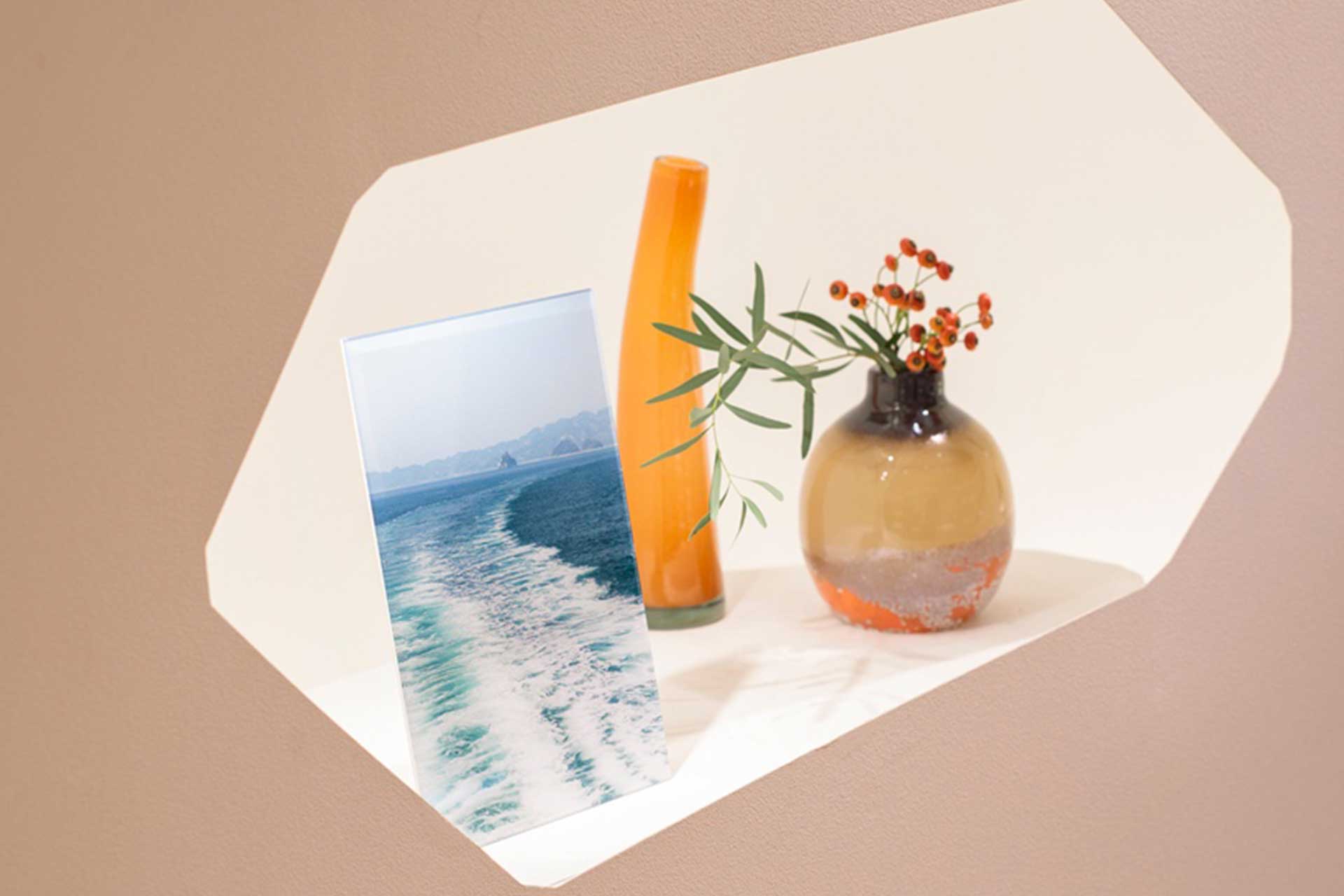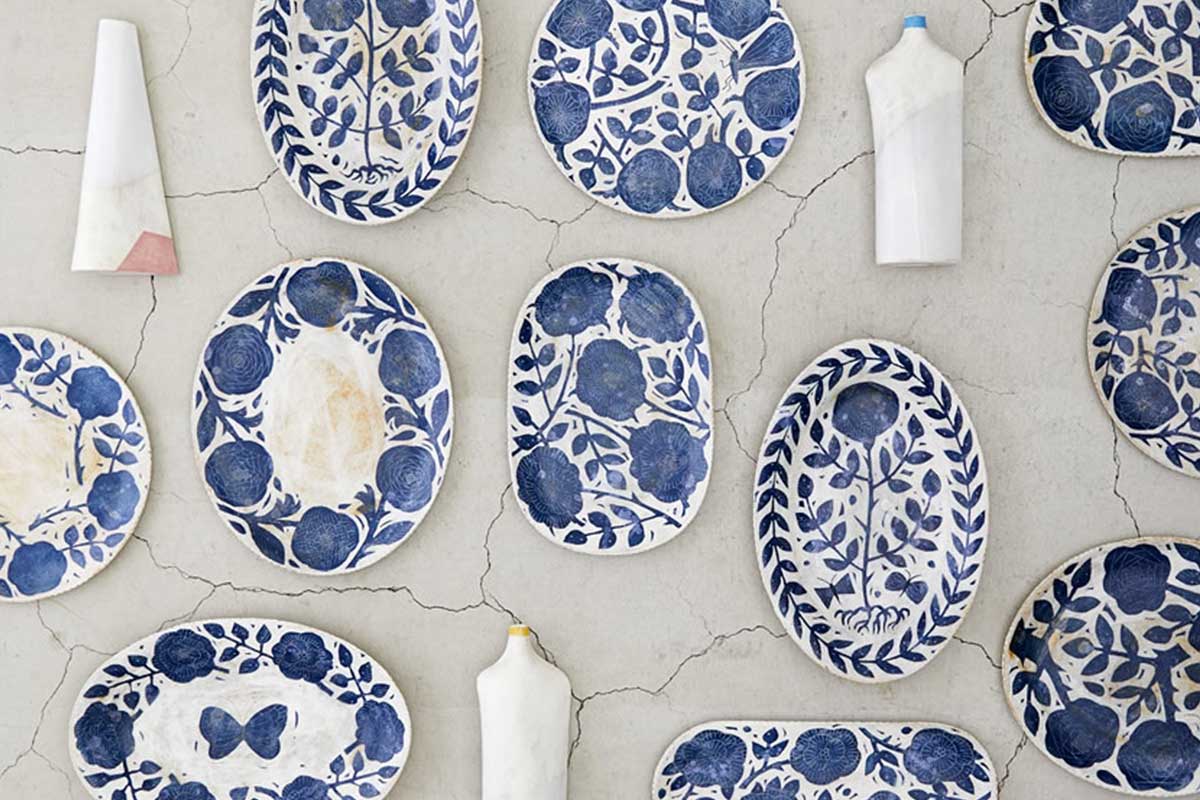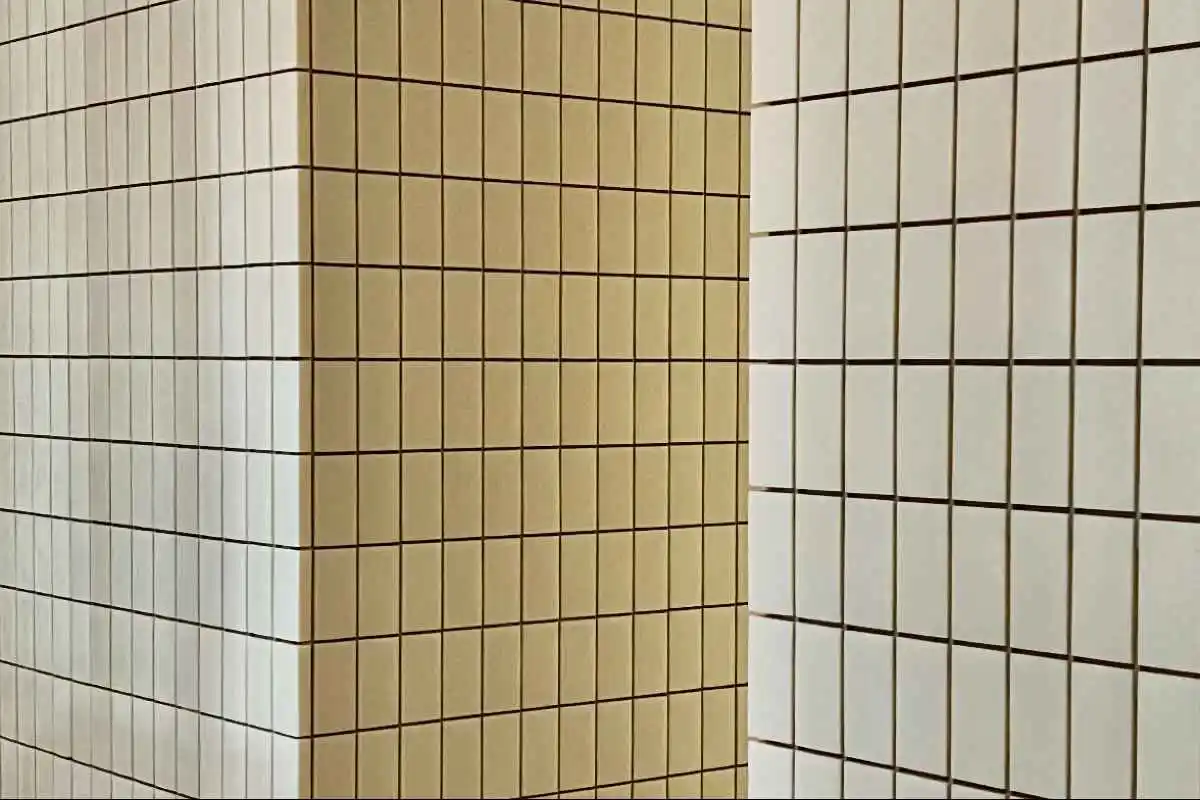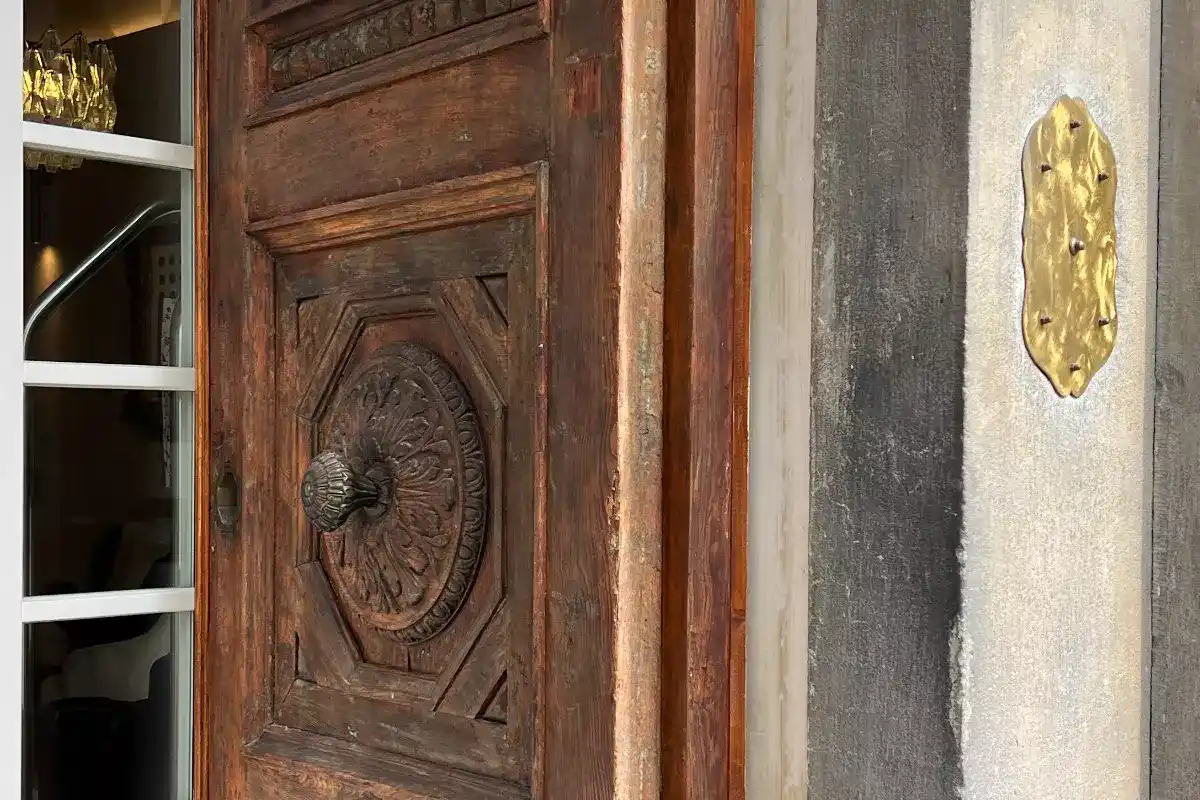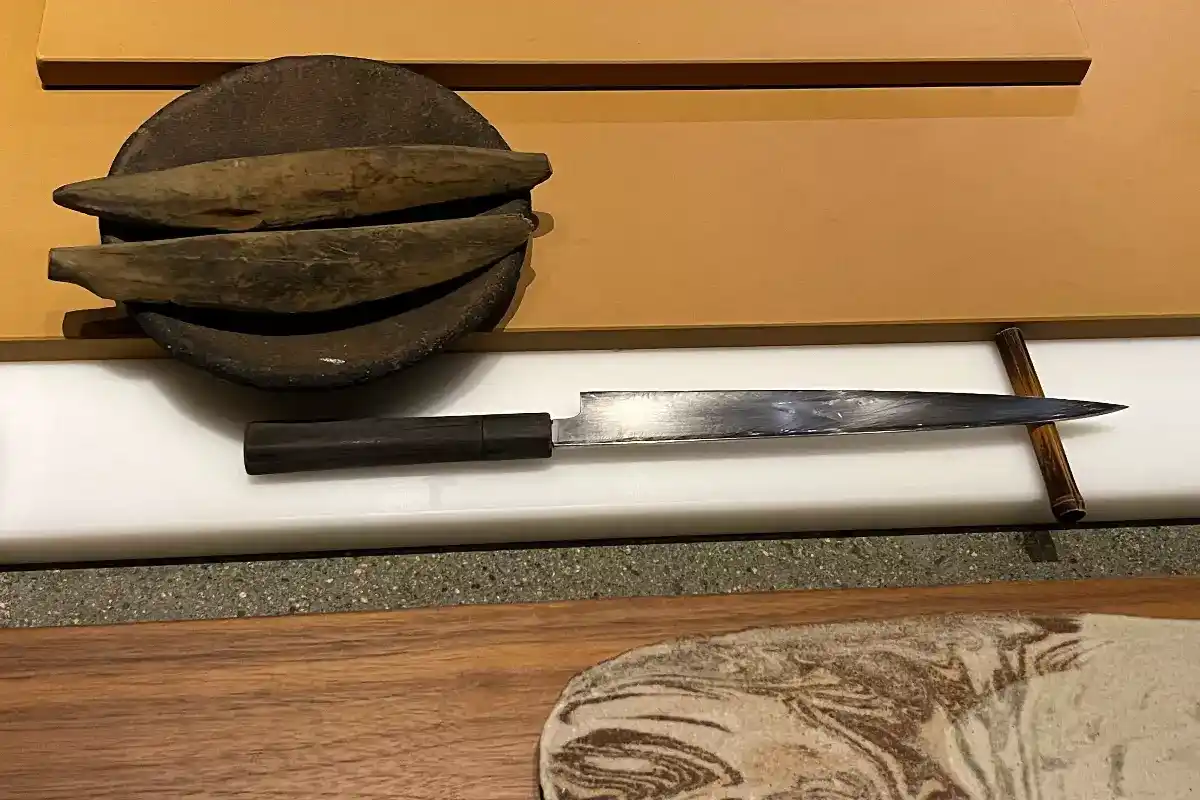It derives its name from the three elements of the Nemika world – root ‘ne’, fruit ‘mi’, and flower ‘ka’. Together, the three words allude to the materiality of soil and earth interpreted as a garden
Nemika, Tokyo concept store
Located in the bustling expat neighborhood of Hiroo in Shibuya, Nemika, Tokyo concept store invites visitors to partake in a Japanese garden-themed experience – stirred with imagination. Nemika manifests the flows of nature – rooted in its core concept – while piquing the interest of the passerby. The high-end boutique is the brainchild of the veteran Japanese fashion brand Leilian, «they have been in business for almost half a century». Envisioned by the founders, the brand story draws inspiration from Japanese philosophy and the cycle of life. It derives its name from the three elements of the Nemika world – root ‘ne’, fruit ‘mi’, and flower ‘ka’. Together, the three words allude to the materiality of soil and earth, which is interpreted as a garden.
Nemika, the brand, was developed keeping in mind the millennials – with a focus on women. Kodai explains the need for a youthful line, «there are many universities around and the neighborhood is populated with students. Therefore the brand caters to a specific demographic». Established in 2014, it took six months to complete the space from the time of its inception. Before Nemika, Tokyo the location was occupied with another Leilian brand store. «It was really old with outdated branding – they wanted us to revamp the vibe and curate a unique proposition», explains Kodai. The aesthetics of the space are orchestrated by architect Yuichi Kodai in collaboration with contemporary artist Kohei Nawa of the Kyoto-based studio Sandwich inc. «The design brief provided by the client was to respect the Nemika identity while creating a space that would become the physical rendition of the brand story», says Kodai.
Architecture and design of Nemika, Tokyo
Nemika, Tokyo’s wooden floors represent earth, its sinuous walls evoke flowing water, the display shelves and wall mirrors are reminiscent of minerals. Hand-drawn curves across the walls are aimed at guiding the flow through the store. Pieces of custom-designed furniture are arranged as stones and rocks in a Japanese garden.
The floor and ceilings are made of chestnut wood and the walls of steel. Nemika is reminiscent of the flow of nature, with its design and architecture inspired by the elements; air, water, and soil. «We don’t think it was appropriate to express the concept through straight lines; we decided to build a fluid space as we like to call it».
The disposition of items continues with the philosophy of fluidity with bent instead of sharp edges of the display windows. «Edges and corners destroy the beauty of fluid space – we completely eradicated them in our architecture», explains Kodai. The furniture represents the abstract form of water. Punctuated with grey bean bags that resemble stones floating in the water.
Items on sale at Nemika, Tokyo concept store
At Nemika, the team has devised a focus-centric approach to their visual merchandising. We arrange items as per the seasons; summer, spring, autumn, winter. «Each piece of clothing is tailor-made – so the idea was to give each of them their deserved spotlight. We display clothes like art pieces, minimally, on the windows that we created», says Kodai.
These windows, as organic minerals from the natural world, present an optical illusion as they appear suspended in the air. They are illuminated by white floodlights with mirrors on the back. The clutter-free display strategy aims at encouraging more human interaction on the floor. «We did this deliberately to create avenues for communication and dialogue between the customers and the brand. When such a dialogue opens the staff gets the opportunity to explain to the customer what the brand is all about – its philosophy and ethics», explains Kodai.
Nemika fashion lines
The store is curated with handpicked assortments from the Nemika fashion lines. Details abound; rose gallery, clothes, bags, Kohe’s artworks, and jewelry. The back part of the store is housed with a pre-existing rose gallery. A flower shop selling manicured luxury roses. «People come over to buy roses for their dates, romantic occasions. You can’t find these roses anywhere else in the world; each rose costs about 50 euros».
We harvest these tailored roses – displayed in a refrigerated glass box – outside of Tokyo, and we then transport them to the city in cold storage. A fridge is inserted in the wall that gives the impression of a photo frame. «We did a lot of research to determine the correct height and width of this fridge to evoke the emotion we wanted to». Nemika can be accessed from two gates. The side entrance gets you directly into the rose gallery.
Yuichi Kodai, architect of Nemika, Tokyo
Kodai’s architectural style highlights the emotions that the site delineates. «We are losing the aspect of sentient thinking in design as projects become more and more commercial. I try to compose the space in a way that it feels calm and also has a ‘sense of space’». The Japanese architect believes in spending an adequate amount of time on-site in order to develop the design story which is a fundamental part of his workflow and creative thinking. «Whenever you walk into a space; may it be a garden, a home, or a commercial building I try to tell something about the history of the site – natural things that emerge after you invest the time at the site». As for the construction elements, Kodai prefers to stick with natural materials such as wood and stone.
Kodai and Nawa’s camaraderie dates back to 2004. They had a collective vision to work on projects that would allow them to amalgamate architecture and design. «In the design world, there is always a division between artist and architect – Sandwich was an attempt to blur the boundary». Founded by Nawa, Kodai joined Sandwich inc. as an architect and worked on several projects together. Nemika is one of the first projects they finished working on together in 2014.
Graduate of the Royal Institute of British Architects, after Sandwich, Kodai decided to go solo and returned to Europe to start his practice. Together with Claudia Maggi, he established Kodai and Associates in Kyoto. «We met at the university and shared similar values and vision». In 2018 they moved the studio to Zurich, Switzerland.
Kohei Nawa and Sandwich
Born in 1975 in Osaka, Kohei Nawa is a contemporary artist, sculptor, the director of Sandwich inc., and a professor at Kyoto University of the Arts. One of Nawa’s projects puts focus on the surface ‘skin’ of sculpture as an interface connecting to the senses. He began his ‘pixcell’ series in 2002 based on the concept of the cell, symbolizing the information age. Adopting a flexible interpretation of the meaning of sculpture, he produces perceptual experiences that reveal the physical properties of materials to the viewer through works addressing themes related to life and the cosmos.
His studio Sandwich inc. was originally a sandwich factory near Uji River in Kyoto. It was renovated to become a creative platform of various disciplines. In addition to the studio, office, and multidisciplinary spaces, there are kitchen and accommodation facilities where artists, designers, and architects meet and collaborate on projects.
Nemika, Tokyo
Nemika is a boutique fashion store located in Hiroo, an upmarket residential and shopping neighborhood, in the Shibuya district in central Tokyo.
5 Chome-6-6 Hiroo, Shibuya City, Tokyo 150-0012, Japan


